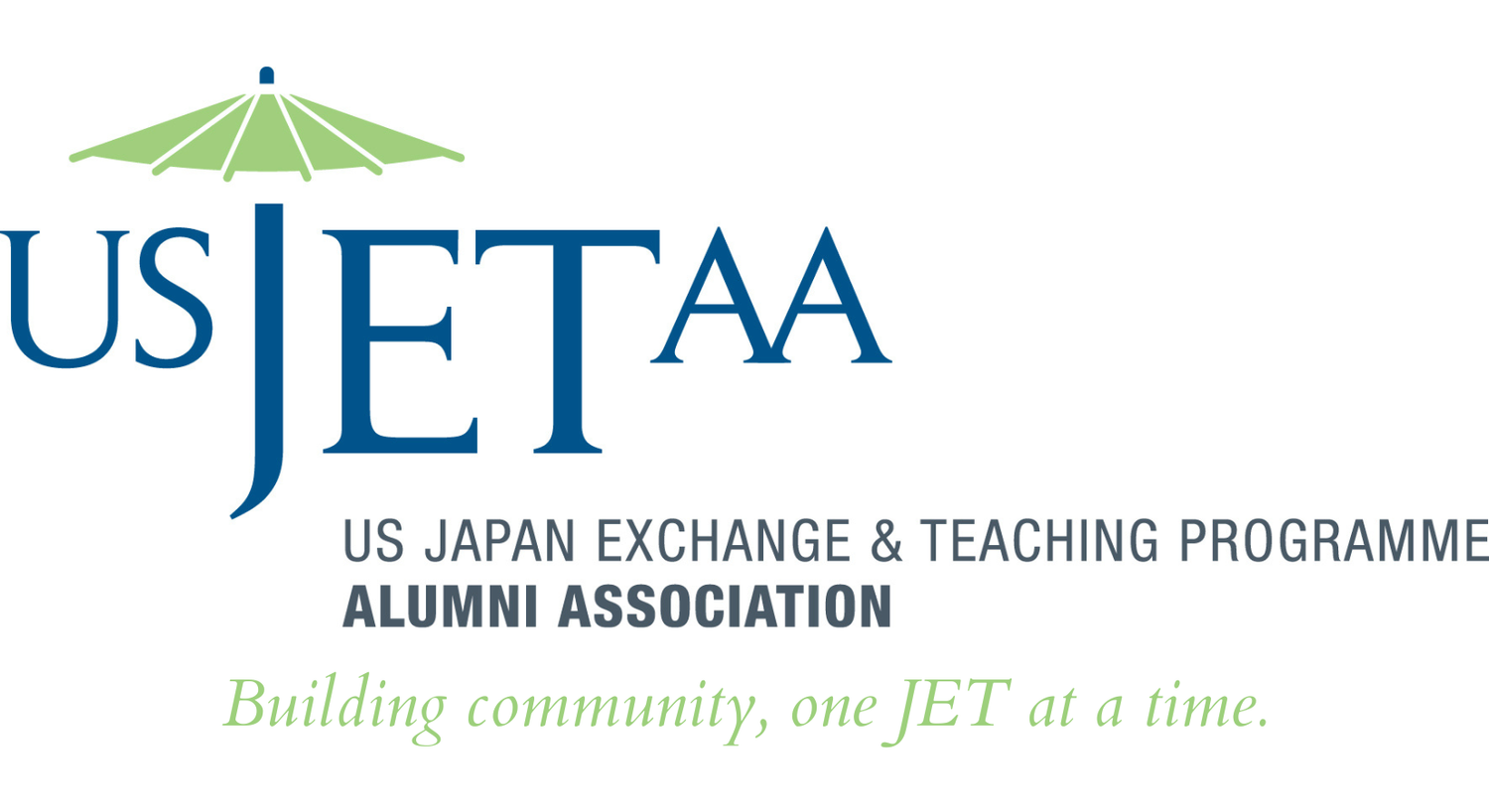News & Updates
A Railroad Runs Through It: Japan, the United States and Dreams of a Renaissance on Rails
Alexander Boylston (Shiga, 2018-2021)
“We have airplanes which fly three times faster than sound. We have television cameras that are orbiting Mars. But we have the same tired and inadequate mass transportation between our towns and cities that we had 30 years ago.”
So lamented a U.S. president as he signed into law a landmark piece of legislation to lay the groundwork for a revitalization of the passenger rail network in the United States1.
This JETs on Japan article examines why Japan and the US diverged so noticeably in their transportation infrastructure.
JETs on Japan: January, 2025
Opposite Sides of a Shared Desk: Inside the Japanese-American Bicultural Workplace
Jennifer Jakubowski (Hokkaido, 1995-1997)
By a multitude of measures, Japan and the United States are among the most polar-opposite cultures on the planet. Japanese society dates back millennia; the United States, by comparison, is but a teenager. Japan embodies one of the most homogeneous populations in the world; the United States is the quintessential melting pot. The axis on which Japanese society rotates is one of group-based mentality and behavior; the United States foremost fosters and rewards individualism. Hierarchy has a long and prominent role in Japan; competition and meritocracy have largely driven the American narrative. Such contrasts represent a mere glimpse of the fuller picture.
JETs on Japan: December, 2024
Bonding Over Bans: Strengthening the US-Japan Tech Alliance Amid China’s Influence
Ian Wong (Nagasaki, 2022-2023)
On April 27, 2023, U.S. National Security Advisor Jake Sullivan gave a speech at the Brookings Institution where he identified two crucial issues facing America: the hollowing out of America’s industrial base, and intensifying competition with China. These challenges, Sullivan argued, called for a rethinking of American domestic and foreign policy. What exactly did Sullivan mean?
JETs on Japan: October, 2024
Why US-Japan Bilateral Cooperation Is Critical to the State of Human Trafficking
Kelsey Lechner (Tochigi, 2015-2017)
Human trafficking is a global problem, and it is usually incredibly difficult to tackle due to its underground nature. It is often termed “slavery” or “modern slavery” and may include forced labor, sexual exploitation, servitude, and even organ removal. This crime impacts virtually every country in the world, including Japan and the United States. While both countries have some policies in place to prevent and prosecute human trafficking crimes and protect victims, these policies and their implementation could be greatly strengthened. Furthermore, increased cooperation between Japan and the United States on the international stage could help tackle the problem in the Asian region more effectively.
JETs on Japan: May, 2024
Knowledge vs. Knowing: Zen Buddhism as the Key to Understanding Japanese Culture
Jayson Vosz (Kochi, 1995-1997)
For our author and JET alum turned Buddhist monk, Jayson Vosz (Kochi, 1995-1997), Zen Buddhism became the vehicle to truly know and understand Japan for what it is. This JETs on Japan article focuses on his belief that with deeper knowledge and understanding of Zen Buddhism, comes an opportunity to further Japan-U.S. relations.
JETs on Japan: April, 2024
Koto Lessons and Old War Stories: Building Bridges Through Music Exchange
Alyssa Cantrell (Akita, 2016-2019)
International exchange centered around music has an important, and often overlooked, role to play in U.S.-Japan relations. In the space that music provides, stories can be told. . . regardless of nationality, age, or background, everyone has a story worth telling. The important thing is to just listen.
JETs on Japan: March, 2024
Food for Thought: What the United States Can Learn from Japan’s School Lunch System
Gabe Baskin (Nara, 2021-2022)
Lunch should be a difficult subject. Crafting inclusive, sustainable, and healthy school lunch policies is not easy. . . . If U.S. educators want to make the next generation of American youth healthier, more equitable, more knowledgeable, and more community-centered, they can draw a great deal of inspiration from Japan’s school lunch system.
JETs on Japan: February, 2024
Artificial Intelligence and U.S.-Japan Relations
Erik M. Jacobs (Hyogo, 2013-2016)
In recent years, artificial intelligence (AI) has quickly emerged as an S&T focus for both national security and economic policy in the United States and Japan. AI, and other emerging technology issues, are likely to play a larger role in U.S.-Japan relations in the years to come.
JETs on Japan: January, 2024









